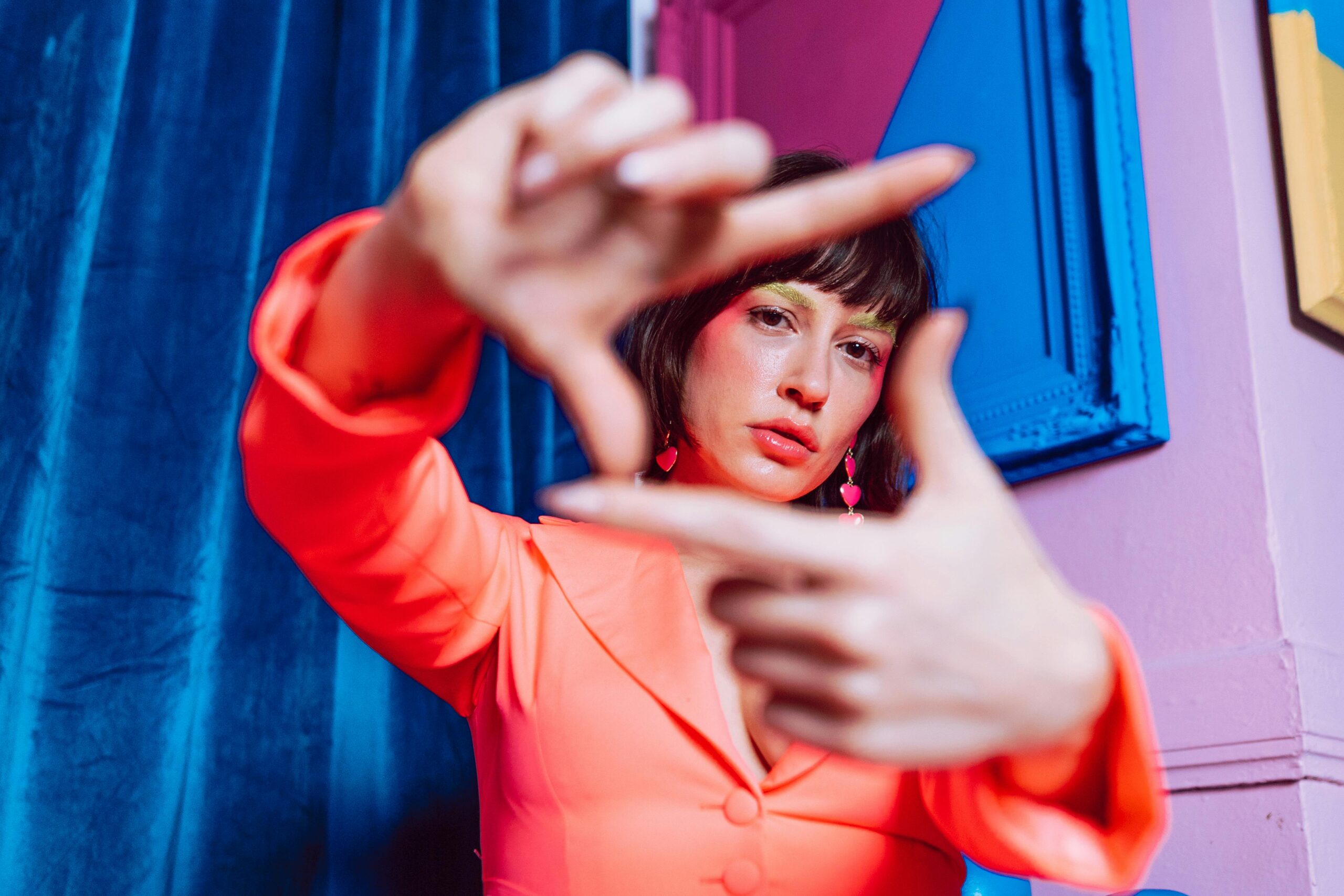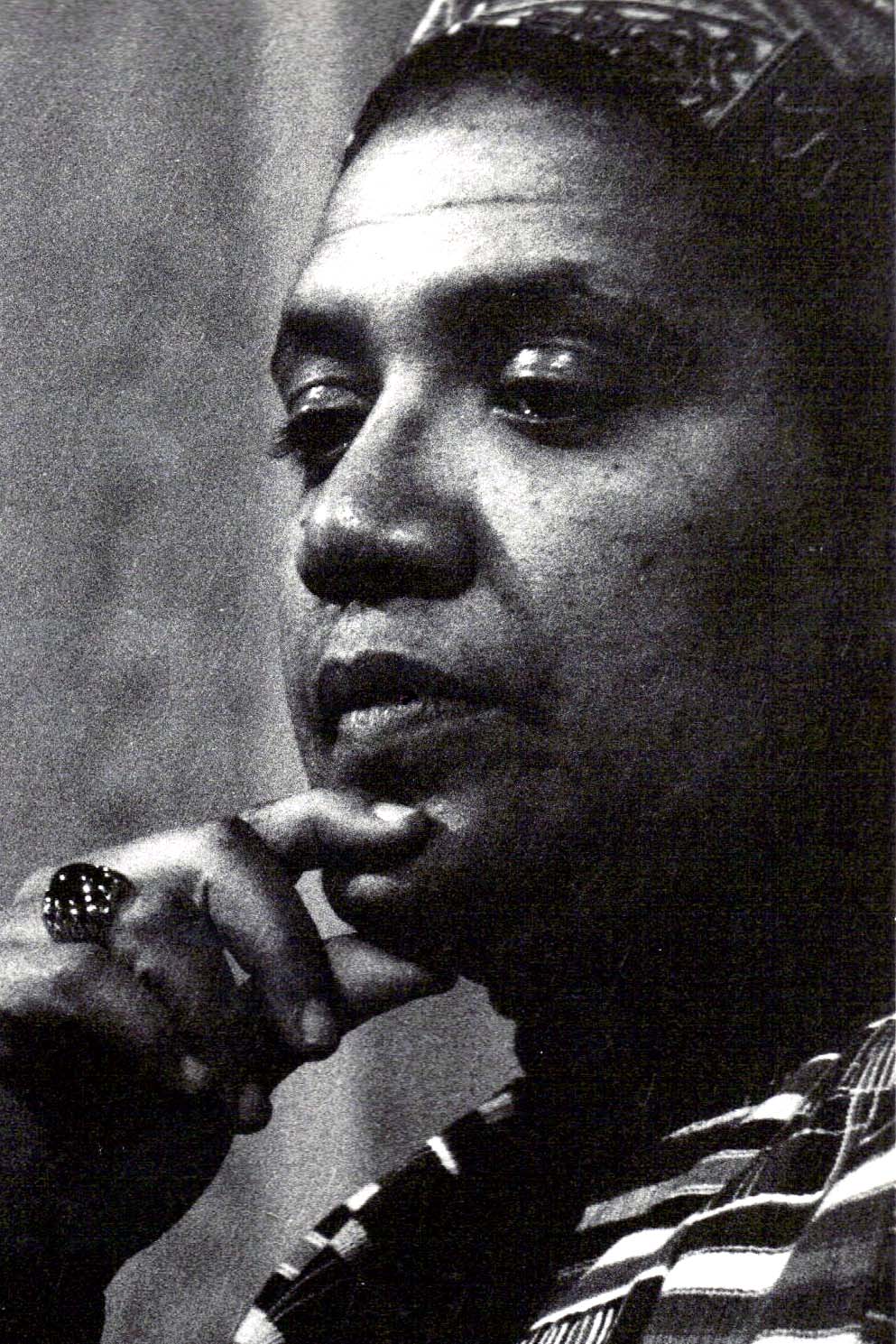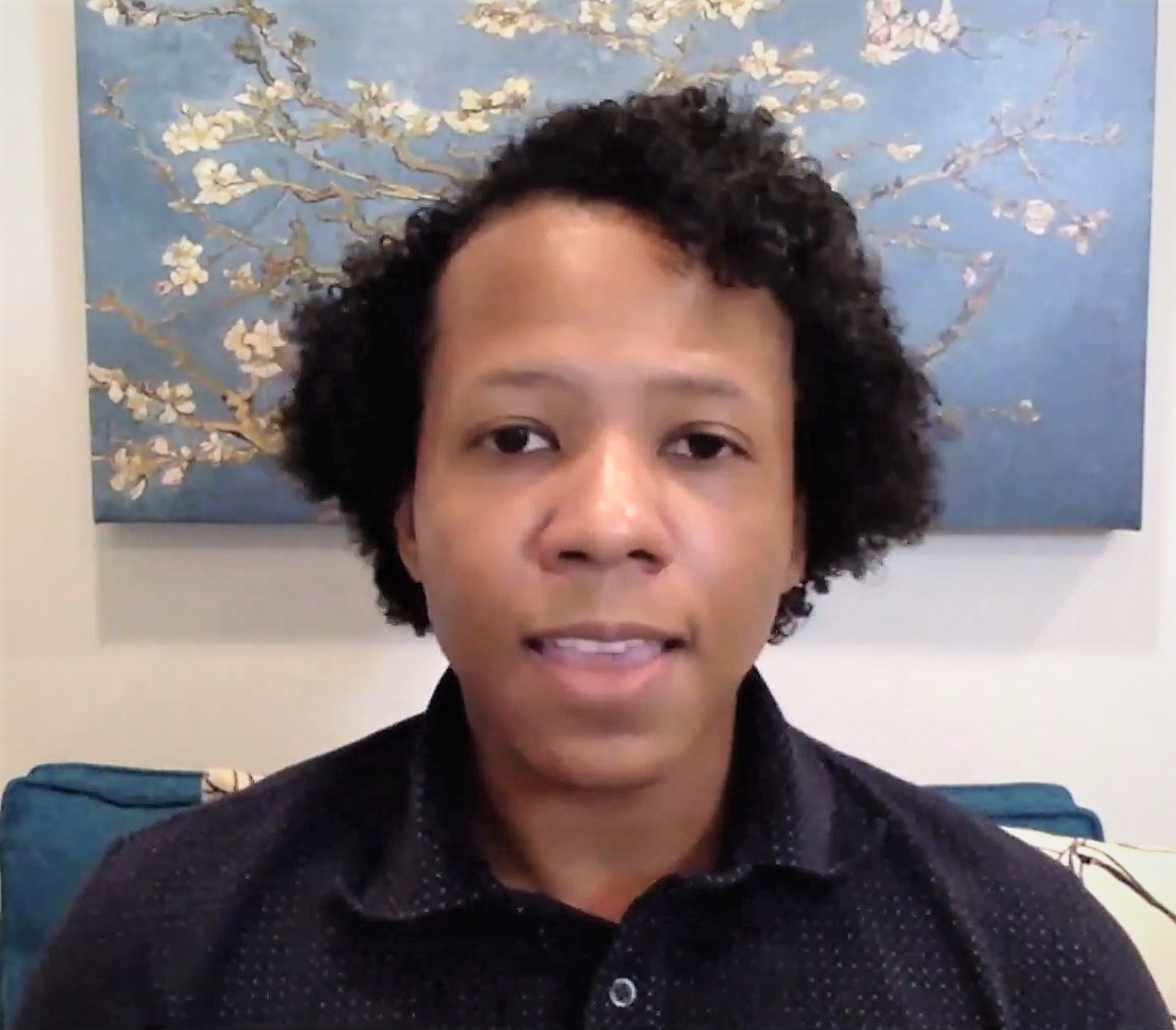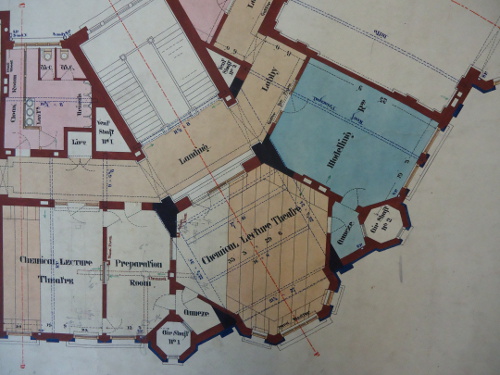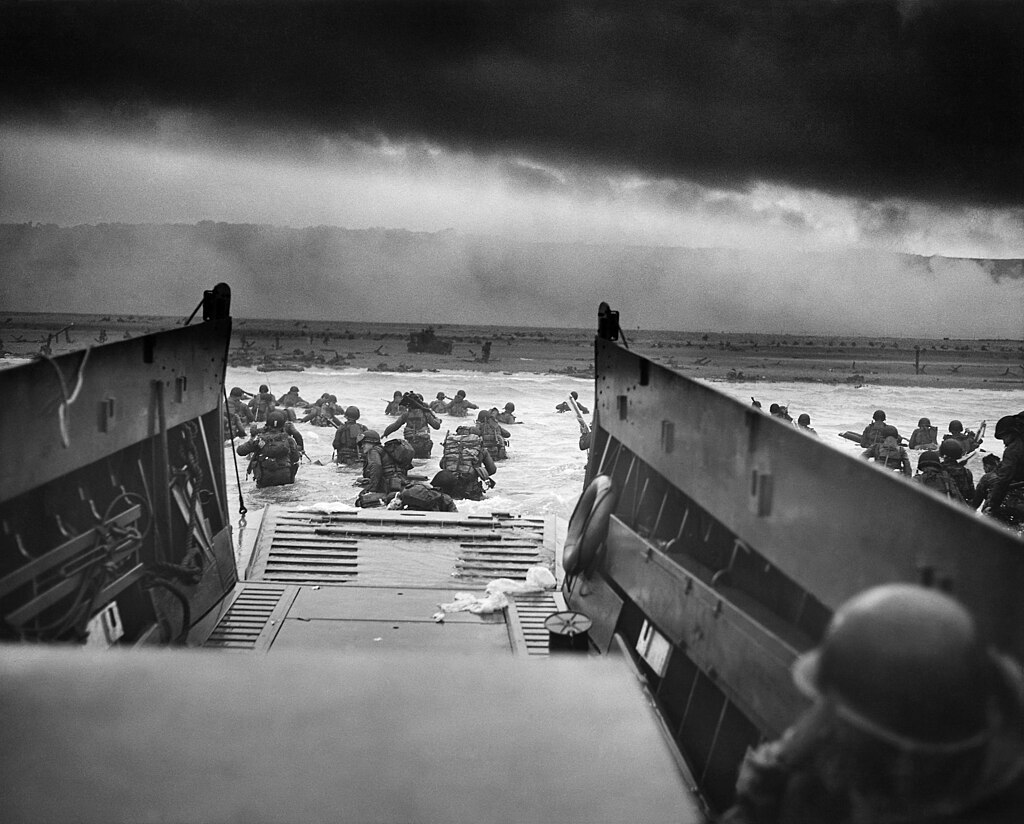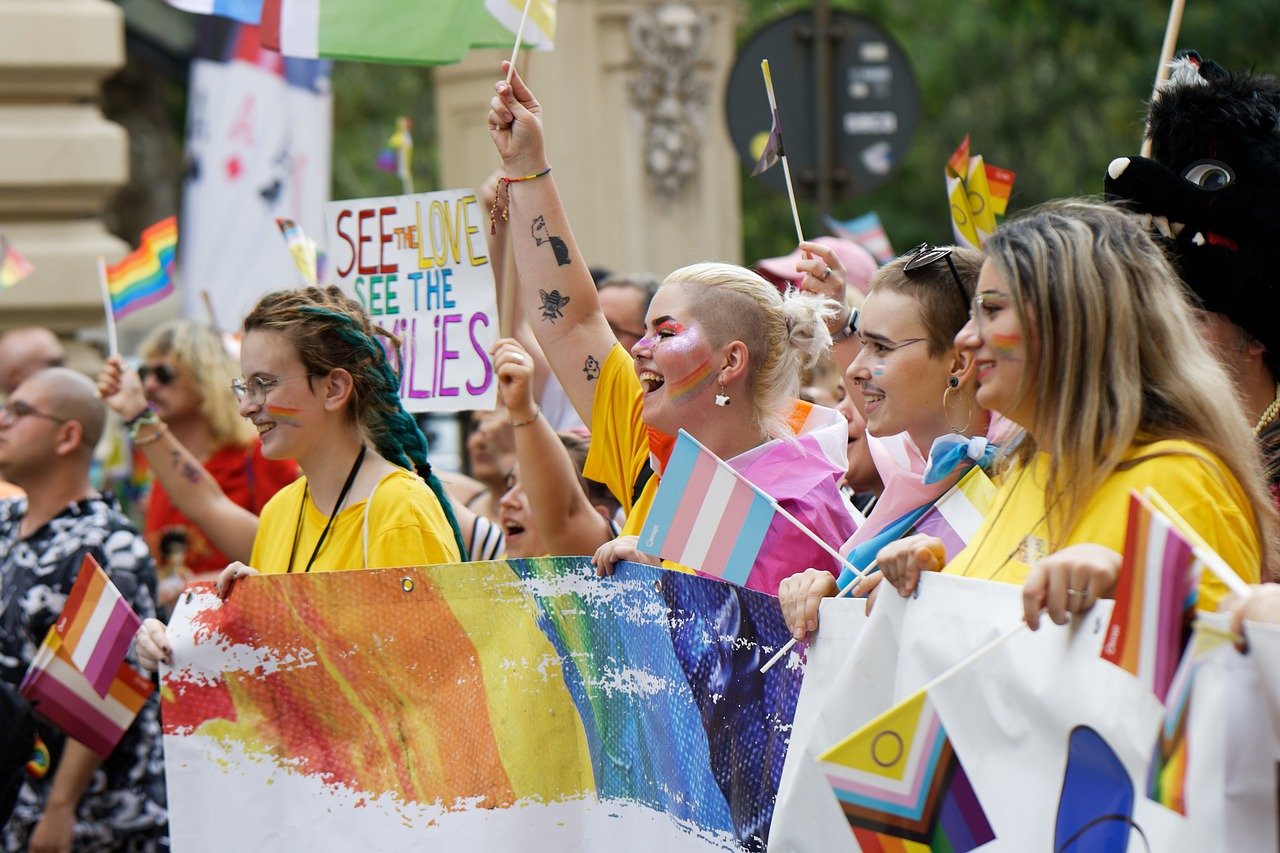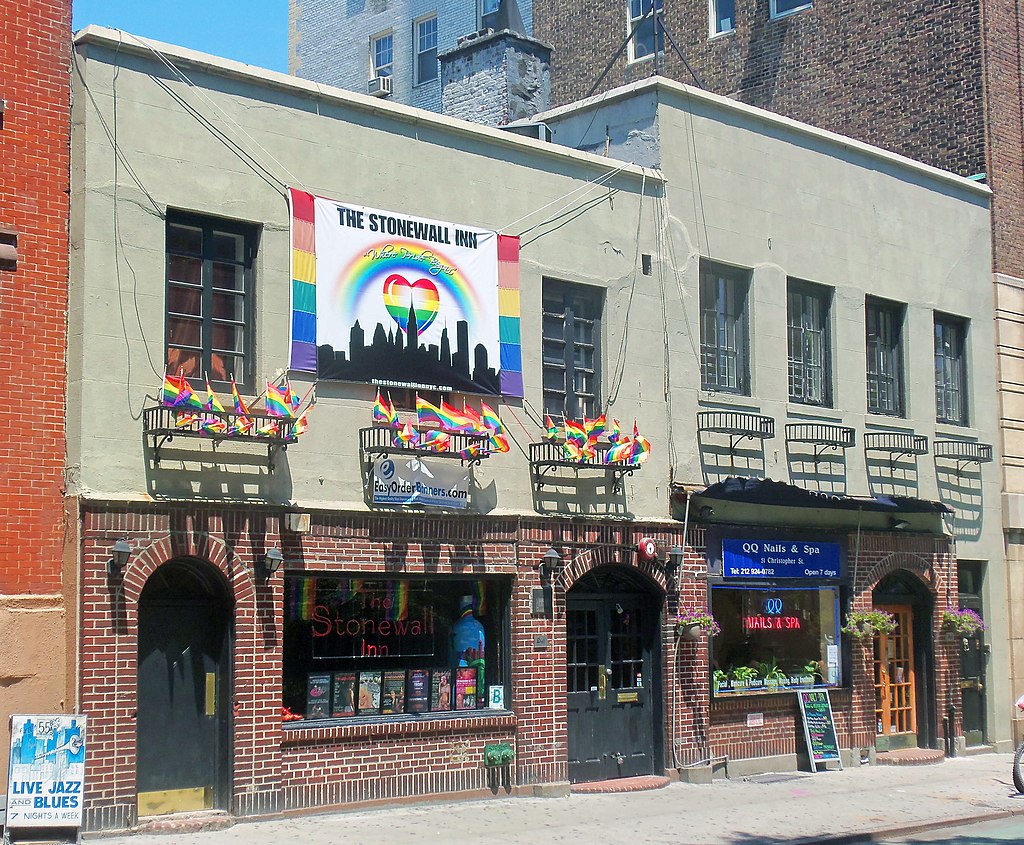Today, we celebrate the 80th anniversary of the D-Day landings that marked the beginning of the end for the Nazi regime and the turning point of the Second World War, LGBTQ+ Pride Month celebrating sexual and gender diversity around the world, and Gypsy, Roma, Traveller History Month celebrating the rich cultural diversity and history of this marginalised community.
D-Day was the start of the overthrow of the Nazi killing machine. The D-Day invasion represented a major turning point in the Allied battle against the Nazis that had systematically isolated and exterminated millions in an attempt to purge Nazi occupied territories of Jews, Roma, the disabled, LGBTQ+ people and other marginalised groups by forces including many LGBTQ+ people who were forced to conceal their sexual orientation from their own comrades.

